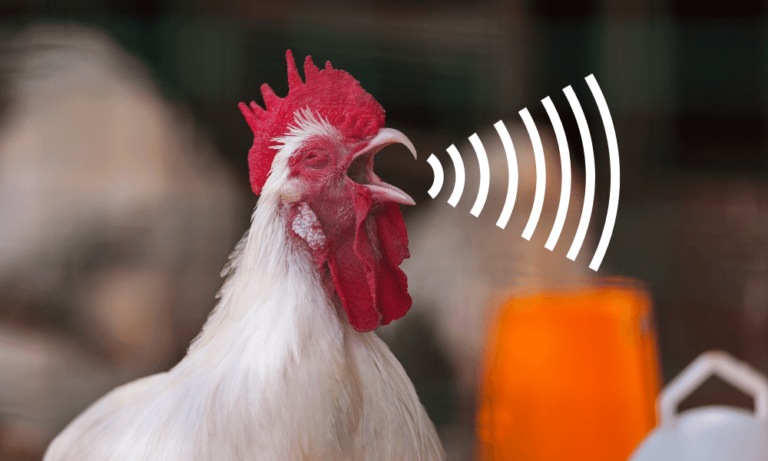The Great Leap Forward occurred in China between 1958-1962 under Chairman Mao Zedong's plan to modernize China. Part of his initiative was to turn agriculture from a private enterprise to a collective institution. Groups of farmers were forced to work in groups to cultivate the land and any workers deemed superfluous were transitioned from grain production to steel production.
In an effort to please the ruling party and report on the successful implementation of new farming techniques, local officials exaggerated their results of increased production. In reality the new farming techniques, founded on faulty science, actually led to decreased production. This exaggeration continued at each rung up the ladder until the leadership, convinced they had more grain than they actually possessed, made deals to export the grain and left their own peasants without food to eat.
Other influences contributed to decreased production, such as floods from mismanaged irrigation projects and locust swarms from the removal of sparrows (a natural predator of locusts).
It is estimated that tens of millions of people died as a result of the famine.


